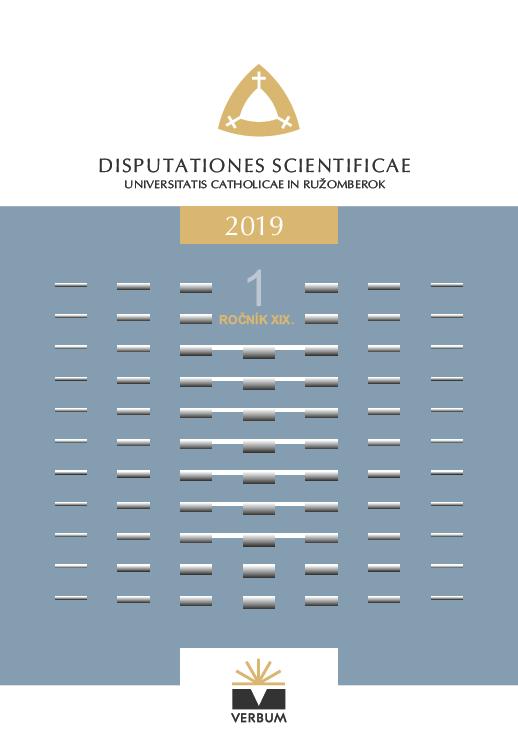Sociálno-antropologické dimenzie vyššieho vzdelávania
Socio-anthropological Dimensions of Higher Education
Historical and Pedagogical Analysis
Author(s): Mykola ChumakSubject(s): Social Sciences, Education, Sociology of Education
Published by: VERBUM - vydavateľstvo Katolíckej univerzity v Ružomberku
Keywords: Social anthropology; Higher education; Historical and pedagogical analysis; Society; Personality;
Summary/Abstract: The article analyzes the socio-anthropological origins of higher education in the historical and pedagogical approaches. The multi-dimensionality of the investigated phenomenon in the context of activity, behavior, value and information aspects has been updated. Inter-civilization advantages of higher education, which contributed to the unification of knowledge of natural and mathematical and humanistic content, have been consolidated. The subject of the study is higher education in the context of socio-anthropological transformations. The purpose of the article is to reveal the socio-anthropological content of higher education. The author investigates the historic and scientific research origins of the study, describes the multifunctional nature of higher education at the present stage of society development. The research tools for the study were chronological and content, incremental, historical, pedagogical and comparative methods. In the framework of the systematic and the interdisciplinary approaches, the author develops the idea that the institutional nature of higher education forms resource potential of social and anthropological components. Therefore, the awareness of the mechanism of activity of social institutions, being centered on the activity, is gaining the behavioral features. The use of such a broad methodological spectrum allows emphasize that the augmentation of the cultural potential of the society is reflected in the socio-cultural environment. The construction of the environment is observed as a three-dimensional model, which includes the society, the culture and the relationships. The attractive image of higher education is based on its epistemological identity, which is a product of cultural development during many centuries and replicates the microclimate of internal territories, which is important in terms of the realization of creative potential of the subjects of knowledge. On a research level, it is emphasized that such course of events development becomes possible due to strengthening the relationships between a personality and a society, by enlarging the variety of activity performance of higher education. Based on theoretical preconditions, the author points out that the main institutional and cultural changes, which were reflected in the development of higher education, were the result of internal social and personal transformations. The attention is drawn to the characteristics of the systems of education and employment, state policy and socio-cultural aspects of development of states. The author focuses on the determinacy of new pedagogical developments that affect the effectiveness of the functioning of higher education in general (cross-section factor). The article illustrates the scientific points of contact of higher education and social anthropology; socio-anthropological sources of higher education, component structure of the higher education functioning environment. The study also presented the analysis of the social institutions – the fundamental parts of the formation of social identity (institutional cross-section) in the context of the development of higher education in general. Within the institutional aspect, various tools and strategies for social development are considered as the main ways of social identity forming. Special attention is paid to the innovative pedagogic idealism, which is a prospective project for the formation of the most effective educational paradigm and for design of knowledge levels in accordance with the existing educational stage. It has been summarized that, being based on different civilization transformations, there are very similar social mechanisms for the functioning of higher education, which affect participation of the personality in activities of different levels within the social institutions; it updates the social mobility issue and allows neutralizing the problem of social inequalities.
Journal: Disputationes Scientificae Universitatis Catholicae in Ružomberok
- Issue Year: XIX/2019
- Issue No: 1
- Page Range: 111-118
- Page Count: 8
- Language: English

